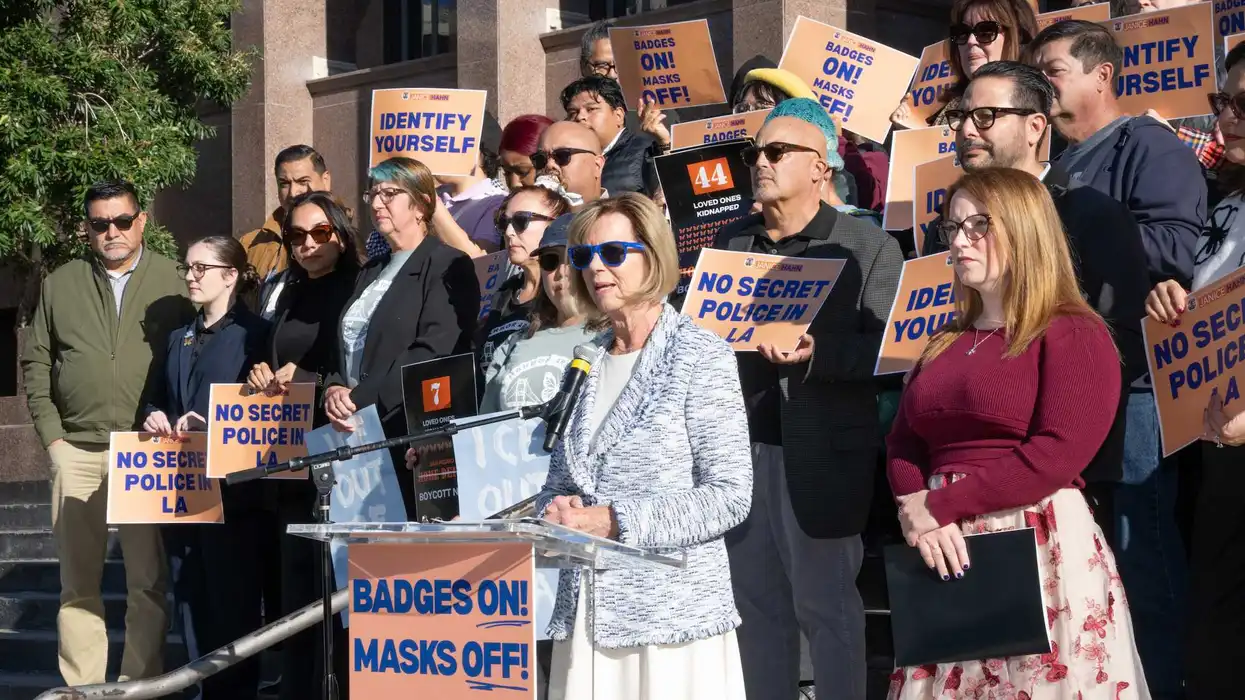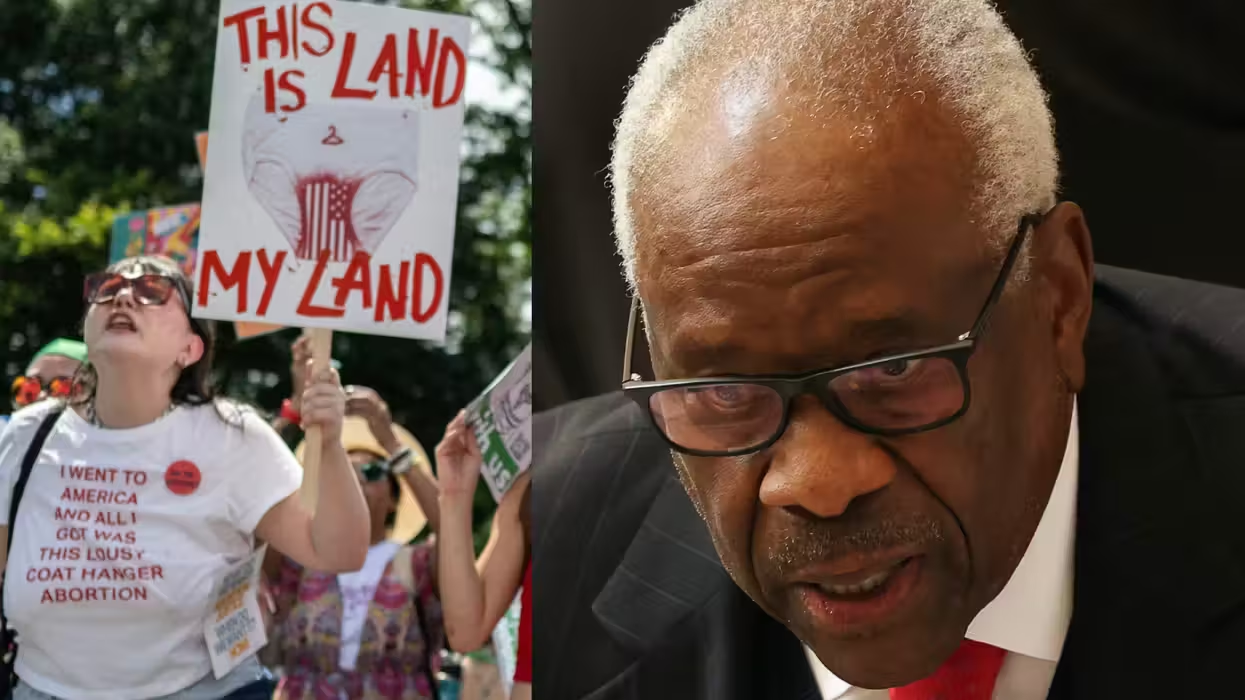
© 2025 Blaze Media LLC. All rights reserved.
Before the Supreme Court’s current term ends this summer, the justices will rule on a handful of immigration cases that could have a major impact on President Trump’s plans to enforce standing immigration laws over the remainder of his presidential term.
Here are the five most consequential ones.
Jennings v. Rodriguez:
This class action suit attracted a modicum of media attention last fall, as it was heard less than a month after Donald Trump’s electoral win. The question at hand is whether aliens who are inadmissible under federal immigration law and who are therefore subject to mandatory detention at our ports of entry must be afforded bond hearings. The case also deals with how often those hearings happen, and whether there is a time limit on how long the federal government may keep the aliens in custody without bond.
Sessions v. Morales-Santana
Luis Ramon Morales-Santana — a Dominican-born green-card-holder in his mid-50s with multiple felony convictions — is caught up in the question of what the statute of a decades-old version of the Immigration and Nationality Act means, and whether the provisions of the law really extended to him at the time or not.
Here are the details: Morales-Santana was born out of wedlock in 1962 to his naturalized U.S. citizen father and a mother who was a Dominican citizen. When he was placed on removal proceedings as a result of his criminal past in 2000, he claimed that his father’s citizenship transferred to him under immigration law at the time. Had his mother been the citizen instead of his father, it would have automatically transferred over.
The court now has two question before it: Whether Congress violated the 5th amendment by having different standards for unwed mothers than fathers in the application of derivative citizenship, and whether the Second Circuit court had the authority to hand Morales-Santana citizenship without congressional approval by ruling in his favor.
Maslenjak v. U.S.
Should lying during the immigration process cost you your citizenship?
This case explores whether or not naturalized citizenship can be revoked based on a previous false statement in a criminal investigation. Divna Maslenjak — the petitioner in question — and her husband were ethnic Serbs who fled conflict in the Balkans in the late 1990s to seek asylum and eventually American citizenship almost a decade later.
This all went just fine until 2007, when Divna’s husband was convicted of lying on government documents during his naturalization process. In the testimony she gave during his trial, she also admitted to lying to immigration officials during the interview process. She was subsequently found guilty of the same offense, sentenced to probation, and stripped of her citizenship.
She appealed through the Sixth Circuit. The court will consider whether or what she lied about had to be material to the decision to grant her asylum, or if any false statement should have precipitated the consequence.
Hernandez v. Mesa
This one is incredibly complicated and has far more to do with than actual immigration policy. As explained in greater detail at SCOTUSblog, the case – argued back in February – is the product an unfortunate border patrol policing incident that ended in the fatal cross-border shooting of a 15-year-old Mexican national on foreign soil by Mesa, a border patrol agent.
Following a lawsuit brought by the teenagers’ parents — also Mexican citizens — the Supreme Court must now decide whether the family of a foreign national with no voluntary ties can bring a Fourth Amendment case, and whether “qualified immunity” in such a case as this one.
Esquivel-Quintana v. Sessions
This is a deportation case, but one that originated from the Obama administration, rather that Trump’s restored enforcement of immigration laws. The question at hand is one that deals with legal wording and whether the legal definition of “sex crime” qualifies an illegal for automatic removal under federal law.
There are two things to watch for as all of these cases play out.
These cases will give American an idea of where Justice Neil Gorsuch is going to be on immigration in the future. The months-long lead up to his nuclear confirmation vote in the Senate was long and arduous, indeed, but largely absent of his legal philosophy relating to immigration law.
More importantly, these cases will also show how much the past election — during which immigration was undoubtedly the primary policy — will actually matter in the face of the judiciary. Trump has made several allusions to President Jackson since taking office, but has stopped short of emulating Old Hickory in full force — i.e. telling SCOTUS to enforce its own rulings. Rather, Trump has so far been playing the court’s game, especially when it comes to immigration orders, meaning that his current judicial struggles extend far beyond the travel moratoria. Indeed, Trump’s pro-sovereignty agenda stands to take even more, harsher, blows before August.
Want to leave a tip?
We answer to you. Help keep our content free of advertisers and big tech censorship by leaving a tip today.
Want to join the conversation?
Already a subscriber?
more stories
Sign up for the Blaze newsletter
By signing up, you agree to our Privacy Policy and Terms of Use, and agree to receive content that may sometimes include advertisements. You may opt out at any time.
Related Content
© 2025 Blaze Media LLC. All rights reserved.
Get the stories that matter most delivered directly to your inbox.
By signing up, you agree to our Privacy Policy and Terms of Use, and agree to receive content that may sometimes include advertisements. You may opt out at any time.






